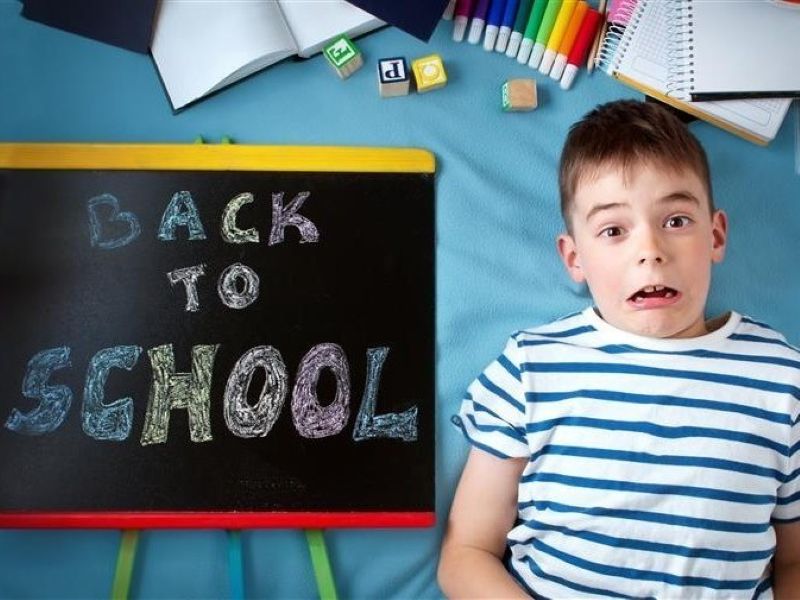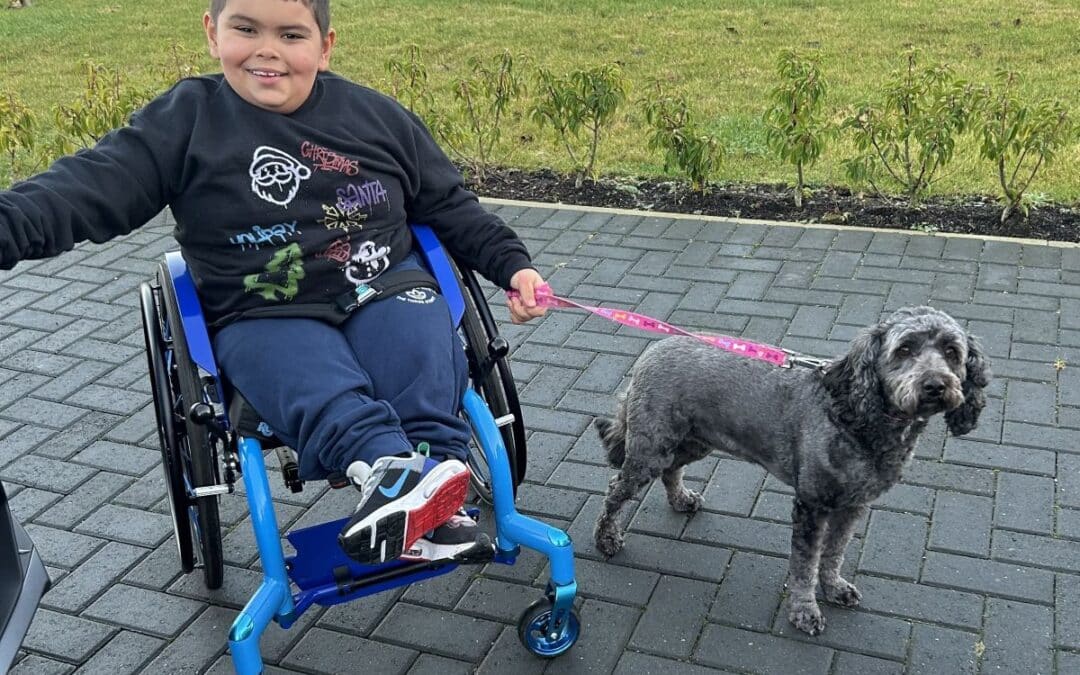
Well, the long summer break is over and children and teens across the UK are getting back into the swing of things as the new school term begins. For some, this is just a matter of adapting to a new routine or slipping back into an old one, but for SEND students there can be bigger challenges, whether they are starting a new school year or have moved to a new school, are coping with existing diagnoses or learning what a new diagnosis will mean.
- Getting ready
Just as you needed to adjust to a new summer schedule at home, now the new term has begun it can be just as hard to re-establish school routines again. Social stories, visual timetables and time warnings may be useful, both in getting your child ready for school and the school day itself.
For visual social story examples please visit twinkl and for ideas for visual timetables visit here. Alarms set on something like an Alexa can also be used to set warning alarms for children before and after school, letting them know when it’s time to do different things such as brush teeth and get dressed / undressed etc – and the best bit is that it’s not you asking, which can take the emotion of the request.
- Emotional well being
Anxiety can hit children and teens of all ages, making it hard for them to feel confident and safe when they are at school and even impact life at home too.
Sometimes this may resolve after the first few days or weeks, but if it doesn’t you should speak to your child’s teacher and SEND lead to see how they can help, whether this addresses triggers or developing coping strategies in moments of overwhelm.
For example, a reduction in the number of transitions can help some students feel their day is more manageable, a peer buddy can help build social confidence and a quiet / safe space for them to go when they are in overwhelm.
A calm kit can also help – this can include a comfort item, fidget toys, stress ball and a visual aid s to help deep breathing. It’s also a good idea to ensure they have a relationship with a trusted member of staff they can check in with through the day or turn to if they are overwhelmed.
- Specific issues
Ensure that you have an open and honest relationship with the SENCO at your child’s school and keep them up to date with any known issues as well as anything at home that may impact your child’s wellbeing at school too. Ask the for a detailed plan of how they will tackle any specific issues.
- If you are meeting a new SENCO it’s helpful to provide any diagnoses, reports or assessments about your child that can provide insight into their needs, as well as your specific concerns, such as changes in behaviour, social challenges and learning difficulties you have noticed and how they impact your child. You should be ready to explain what kind of support you want for your child and why this would be beneficial. State all your concerns clearly – and give them a written copy too if you can. You should also be able to agree on next steps and how progress will be monitored. Remember you SENCO can also initiate referrals to external specialists if progress isn’t made.
To understand more about the SENCO role visit here and for help supporting your child visit here.




